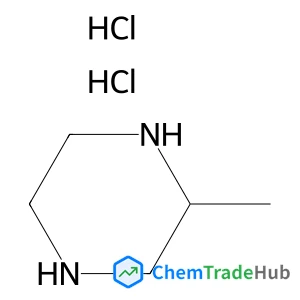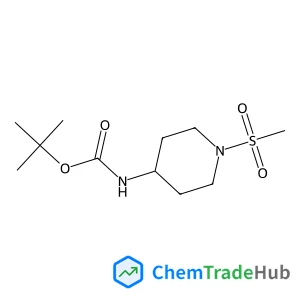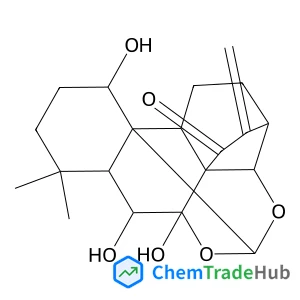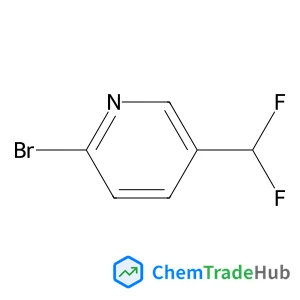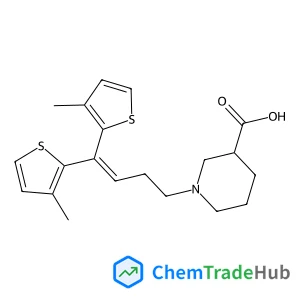Carbene-enabled ether activation through the formation of oxonium: a theoretical view
文献情報
Ya-Nan Wang, Xinghua Wang, Shi-Jun Li
Here, we report a theoretical investigation of the reactivity and chemoselectivity of carbene-enabled ether activation. The mechanism obtained from DFT calculations revealed that the final products were dependent on the stability of the oxonium intermediate, which was afforded by nucleophilic attack of the corresponding ether onto a carbene species. Interestingly, we found that the nucleophilicity of ethers was crucial but not their solvation. Energy decomposition analysis based on absolutely localized molecular orbitals showed that the nucleophilicity of ethers was critical for polarization and charge transfer, leading to the chemoselectivity.
関連文献
IF 6.367
Co9S8 integrated into nitrogen/sulfur dual-doped carbon nanofibers as an efficient oxygen bifunctional electrocatalyst for Zn–air batteriesIF 6.367
Inside back coverIF 6.222
Small size yet big action: a simple sulfate anion templated a discrete 78-nuclearity silver sulfur nanocluster with a multishell structureIF 6.222
Visible light-driven cross-coupling reactions of alkyl halides with phenylacetylene derivatives for C(sp3)–C(sp) bond formation catalyzed by a B12 complexIF 6.222
Building microsphere–nanosheet structures in N-doped carbon to improve its performance in the oxygen reduction reaction and vanadium redox flow batteriesIF 6.367
Tessellation strategy for the interfacial synthesis of an anthracene-based 2D polymer via [4+4]-photocycloadditionIF 6.222
Illuminating endosomal escape of polymorphic lipid nanoparticles that boost mRNA deliveryIF 6.843
Pulsed laser rusted stainless steel: a robust electrode material applied for energy storage and generation applicationsIF 6.367
A new neodymium–phosphine compound for supercapacitors with long-term cycling stabilityIF 6.222
掲載誌
Organic Chemistry Frontiers
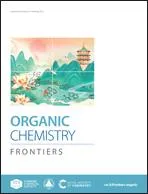
Organic Chemistry Frontiers publishes high-quality research from across organic chemistry. Emphases are placed on studies that make significant contributions to the field of organic chemistry by reporting either new or significantly improved protocols or methodologies. Topics include, but are not limited to the following: Organic synthesis Development of synthetic methodologies Catalysis Natural products Functional organic materials Supramolecular and macromolecular chemistry Physical and computational organic chemistry
おすすめサプライヤー
 揚中ウォッtonsジェミック株式会社
揚中ウォッtonsジェミック株式会社 限られるGLOSCO
限られるGLOSCO AddivantドイツGmbH
AddivantドイツGmbH Verfahrenstechnik Schweitzer GmbH
Verfahrenstechnik Schweitzer GmbH 深セン市九牧水处理科技有限公司
深セン市九牧水处理科技有限公司 バチシューリーテュースィンネストフ在游戏中ilarity有限公司
バチシューリーテュースィンネストフ在游戏中ilarity有限公司 山東習尚喜新材料科技股份有限公司(API)
山東習尚喜新材料科技股份有限公司(API) Emile Egger&Cie SA
Emile Egger&Cie SA SITA Messtechnik GmbH
SITA Messtechnik GmbH 安徽黄山市嘉徽医药化工有限责任
安徽黄山市嘉徽医药化工有限责任










